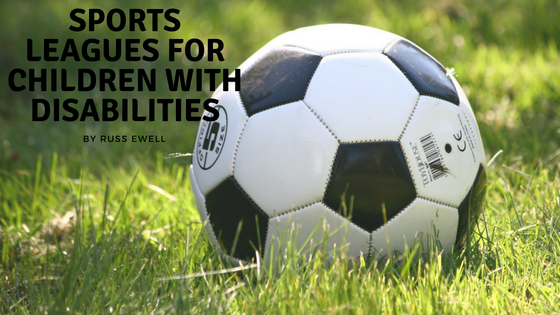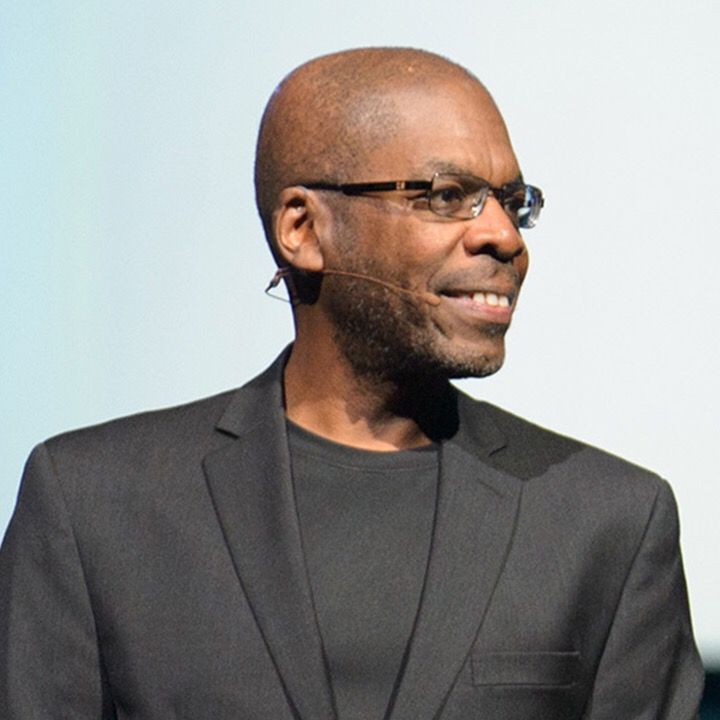Sports can have a very significant impact on a child’s life and development of crucial skills. Being on a sports team can help strengthen social skills, develop the ability to work as part of a team, improve problem-solving, and heighten other abilities that will carry over later in life. However, oftentimes it is difficult to find a league or team that is both accommodating and inclusive for children with disabilities. This is slowly being remedied as many more become available so that children can have the same opportunities for participation in sports.
It is often, as well, a question as to whether children with physical and/or mental disabilities should participate in modified or mainstream sports leagues. Participating in modified sports still provides children with a way to empower themselves and build camaraderie with their peers. They have space where they are in charge of their body and can effectively determine their own limits without being excluded from the activity.
These types of programs, of course, vary. Programs such as the Special Olympics are designed specifically for youth with a cognizant or physical disability, and on many occasions, competitors need an aid, teacher, or volunteer to help them participate in the activity. Sports are modified in ways including wheelchair basketball, where hoops are lowered, or sitting volleyball, where the net is lowered.
Many communities also have integrated teams, where kids with and without disabilities compete together. On these teams, aids and extra volunteers are a norm the can help children with disabilities participates. Blaze Sports provides a list of resources for athletes of all ages to be able to find a sports program that fits their wants, needs, and skill levels. There are many other resources available like this with a simple keyword search into google.
These modification, whether in integrated sports or specially designated programs, are critical in allowing children with disabilities to have a positive experience playing a sport and being part of a team. It makes organized sports accessible to them and helps them become healthier in that they are given an outlet to fulfill the recommended 60 minutes of physical activity per day for youths, as recommended by the Department of Disability and Human Development. It also gives them an outlet to gain invaluable life skills alongside their peers, such as developing social skills, learning how to work as a team, tuning leadership abilities, and learning how to work toward a common goal with sportsmanship and rigor.
I have done my own work in this area, wanting to create an area for children with disabilities to have positives experiences with sports. In 2007, I launched E-Soccer, a league where children with a range of abilities and disabilities all work and play together. Form E-Soccer, grew E-Hoops, a league with the same mentality and purpose which played basketball instead of soccer. I am continuing to look forward to do work to integrate the athletic community and the disability community, and believe that every child should have the opportunity to engage and have a positive experience on a sports team.

